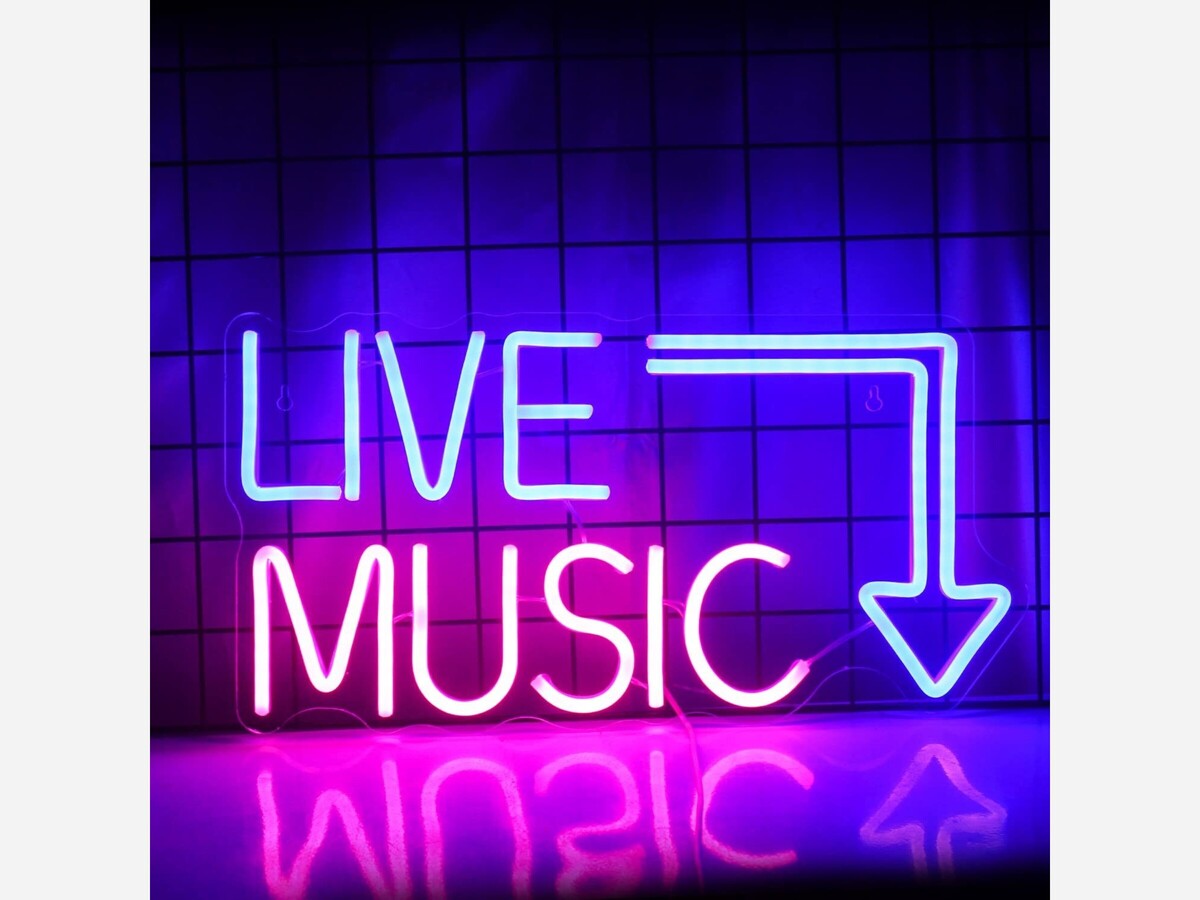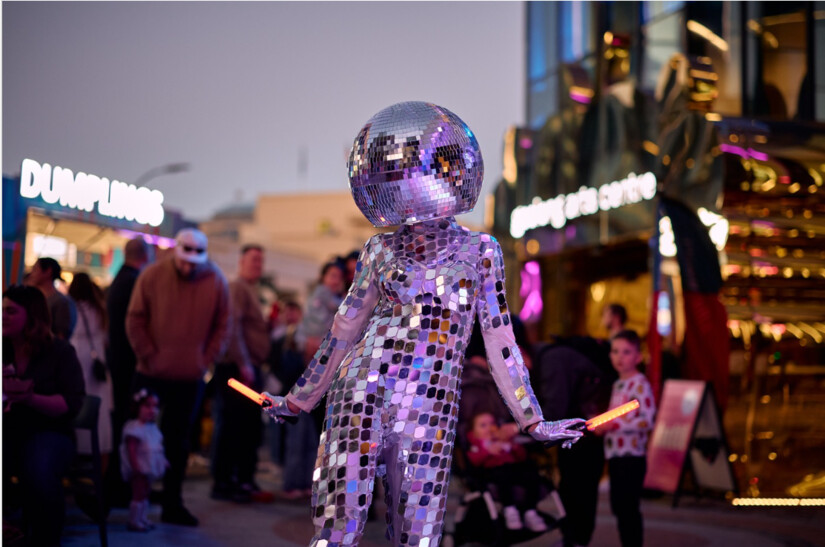Image


Amidst the still-rippling effects of global lockdowns and the persistent feelings of isolation they've amplified, live music is emerging as a notable force in battling the loneliness many are facing. According to a paper reviewed by Nikki Ricard, Professor at The University of Melbourne, and mentioned by Phoenix New Times, live concerts are more than just about having fun; they serve as essential venues for human connection. Ricard and her colleagues dove into 59 studies, embracing a pool of over 18,000 participants, mainly from Western nations such as the UK and the US, probing the social fabric of live music gatherings.
Source: Unsplash / {ActionVance}
Music Australia's reports highlight that live events, particularly treasured by First Nations and the youth, present golden chances for social bonding, fostering an amplified sense of belonging. Bonding through shared experiences, like the common pulse of a mosh pit at a metal concert, extends beyond the fury of the music to establish unique camaraderie. Despite the sometimes grim lyrics, there's synchrony in the chaos that unites strangers in a display of unexpected harmony—a concept that is supported by more than one finding from the research cited by Ricard. A similar sentiment is echoed in a The Conversation article, stressing the overarching importance that these shared moments of ecstasy have on societal connective tissue.

Another crucial aspect at play is the concept of "focusing on something bigger." Creative Victoria has found that the drive to attend live music events is often fueled by the desire to be part of a collective greater than oneself. And it's not just about the chit-chat between sets or at the bar. It's the shared, often awe-inspiring experience that shifts attention from the individual to the collective. Music festivals emerge as "idealized communities," as mentioned in the Phoenix New Times, where attendees can reveal their truest selves, empowered by safety, trust, and a respect that resonates within these spaces.
Moreover, these events facilitate the construction of long-term identities, as evident through patterns seen in the behavior of live stream audiences during the pandemic. They maintained their sense of belonging throughout the isolation by engaging in communal activities, such as the "ritualistic use of emojis and comments." A synergy of sorts is established when fans cluster around ritualistic symbols—a glow stick, an armband, or even a shared avatar in a virtual concert room. They all aid in sustaining the ardor of the community well beyond the final encore. For some, music even serves as a "social surrogate," reminding them of existing relationships or providing solace through parasocial bonds with musicians when present connections are tough to maintain or find.
But, as both outlets suggest, despite live music's cathartic potential, it's at a pivot point, especially in Australia. With venue engagements lower than pre-pandemic levels and youth audiences increasingly nesting in digital spaces, the question looms: How will the live music scene adapt and lure back the crowds? As the The Conversation puts it, inciting those potential audiences with a motive to return, like mitigating loneliness, could just be the live industry's encore act we've all been waiting for.
SOURCE: hoodline